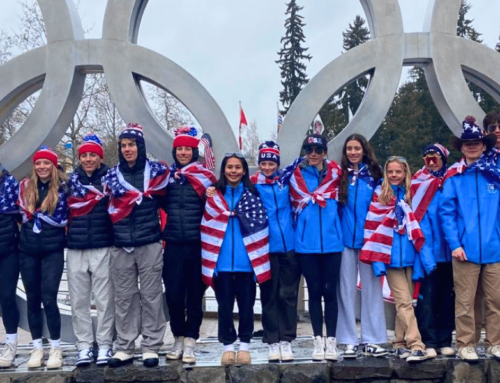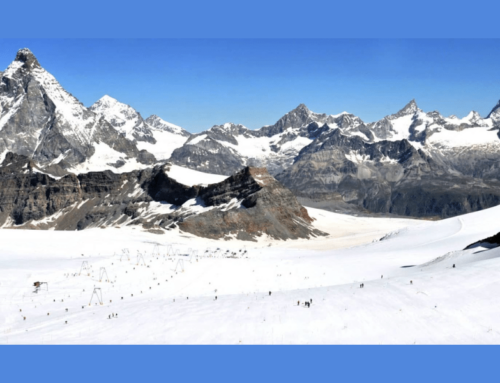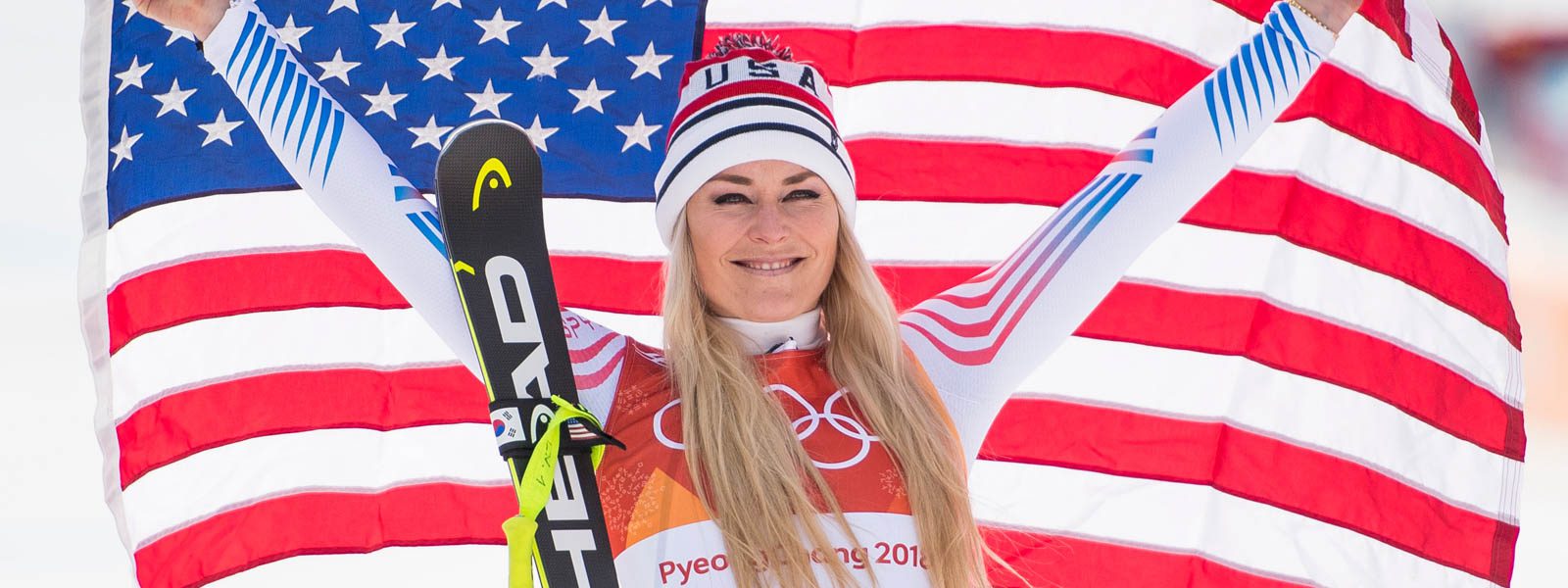Western Canada development coaches anticipating a ‘wild season’
Editor’s note: Ski Racing Media is digging deeper into the ski racing development system in Canada with a look at the provincial team plans, highlights and challenges, particularly heading into an uncertain competitive season. This week, in our first of two stories, we spoke with the head coaches of the provincial teams of BC and Alberta. Next week we will check in with Ontario and Quebec in the east.
British Columbia Ski Team head coach Nick Cooper is a competitive person. Any coach who sugarcoats the win-first mentality could be fooling themselves, or they’re in the wrong profession, he says.
Strong statement from this introspective, thoughtful and athlete-first ski racing coach.
“What gets me out of bed and motivated is winning,” Cooper stated when asked what motivates him personally. “I’m so competitive and want to be the best. I love sharing the victories with the athletes. That’s why I do it.”
The BC Ski Team has been an important part of the development engine for ski racing in Canada for many years with a steady stream of skiers reaching the national team level. Cooper feels the recipe is simple and effective: “We have an unbelievable culture that is built around hard work.”

It has no doubt been the strangest preparation period of Cooper’s eight years on the job as a BC team coach (six as the head coach), where the skiers have been off snow for nearly six months. Cooper and team are eagerly anticipating the team’s first camp in Europe in mid-September.
With a priority on fitness and conditioning, Canada’s western-most provincial team has followed a relatively similar plan to prepare for the season, even with COVID life throwing a wrench into every possible situation, although in some respects Cooper feels the time away was used more efficiently with the skiers ranging in age of 16 to 18 years.
“It starts with our dryland and we really do it full on … we use that time to build relationships and the culture and by the time the snow hits we’re usually ready to go,” he said.
Along with coaches Morgan Pridy, a former World Cup skier (10th place super G finish at the 2014 Sochi Olympic Games), and newly named assistant coach Montana Molyneux – a former Sun Peaks Racers head coach who worked with Alpine Canada’s para team last season – Cooper is happy with the progress made to date.
The team spent the first two months during COVID lockdown staying connected with weekly Zoom meetings and fitness challenges to keep the energy and compete level as high as possible, given the circumstances. With the cancellation of Whistler-Blackcomb training in June and the Blackcomb glacier shutting down, on-snow opportunities dried up.
“Normally we’d have a month in Chile with 20 to 25 days on snow in September,” Cooper explained. “We’ve lost a lot of time [on snow] in the last six months but the athletes will feel less pressure with the extended season so we should be able to keep them working on things longer. But we need to keep the same amount of urgency to continually improve and get better.”
Looking at the national system as a whole, Cooper believes Canada needs a national development team to be successful, combined with a clear understanding of the responsibilities of provincial versus national roles in athlete development, particularly at the elite NorAm level.
“It’s the first couple years out of junior racing where you’re actually competing to win at the NorAm level, that’s when I could see the provinces coming together,” he said. “But the first years of FIS until they get to this stage, this is when the provinces should be in charge of those athletes.”
“We need to do a better job of recognizing the talented kids who are committed and motivated and that’s where we need to put our financial and coaching energy behind; that’s my outlook.”
Alberta Ski Team
Patience, perseverance, thousands of hours in the gym
Many leaders in the sports world have been extra busy during COVID times, but Alberta Alpine program director and provincial team head coach Gavin Preziosi could be one of the busier.
Add in a brief stint as acting president for portions of the summer (Alberta Alpine will be naming a new president soon) and Preziosi’s hat-wearing collection was vast. However, along with veteran coaches Peter Rybarik and Jim Read – who joins the provincial team staff after a 22-year stretch coaching the Sunshine Ski Club – and returning coach Jonas Haehlen, the Alberta Ski Team is rounding the corner to brighter times.

Like their BC counterparts, the Alberta team has had a “big focus on dryland training.” Through the Canadian Sport Institute (CSI) in Calgary, a world-class facility, and with a dedicated support team, Preziosi is excited with the progress. “Our athletes are probably as strong and as fit as they’ve ever been and I think the gains they’ve made will pay off,” he said during a fitness camp near his home in Calgary.
It took a “patient mentality” and working-by-committee approach for the Alberta Alpine staff to get through the long stretch away from snow.
“We explored all options to get on snow, from Castle Mountain, Yukon, Whistler, to Powder King but when it seemed unlikely that we’re going to touch snow in North America we made sure the athletes expectations were in check,” he said. “Early on we told them 100 percent we will not be on snow until September.”
The Alberta team recently confirmed they would be travelling to Saas Fee, Switzerland in two weeks. “That really lit a fire under our team,” Preziosi said. “They were working hard in the gym but this gave them that extra motivation.”
Building in the “quarantine scheduling” to travel plans has added another complexity layer, but Preziosi is confident the training in Panorama, Nakiska and Castle Mountain starting early November will be “world class,” especially given the competition for training space will be reduced with travel restrictions.
Preziosi’s biggest fear is the ratification of the NorAm schedule. The provincial teams focus is primarily based on success on the NorAm circuit and even with expectations for an early February to late April NorAm circuit, the schedule has not been finalized due to travel uncertainties.
“We can’t hold off the system for a year,” he explained. “If we can’t find the opportunities and points we’re after, then we may have to go to Europe [to find races]. Then the club athletes won’t have the profiles to make the Alberta team without being exposed to our team … and if we can’t find the appropriate races we won’t be able to move athletes up to the national team.”
Looking ahead Preziosi is optimistic the country is moving in the right direction.
“Having Phil McNichol [Alpine Canada] in place is exciting, I do believe he’s passionate about building a development system and will do what he can to facilitate opportunities for our top performing skiers,” he said.





















